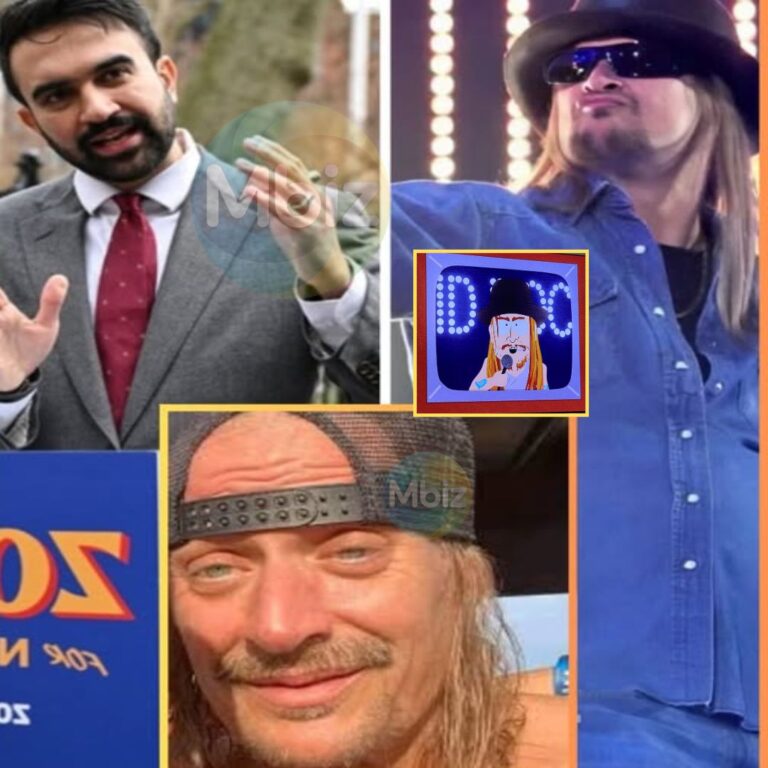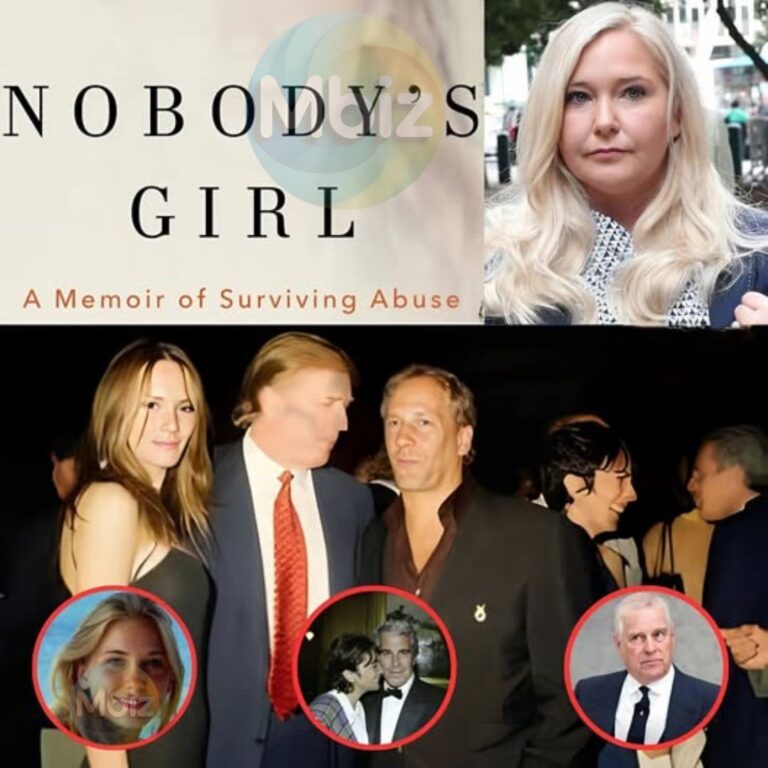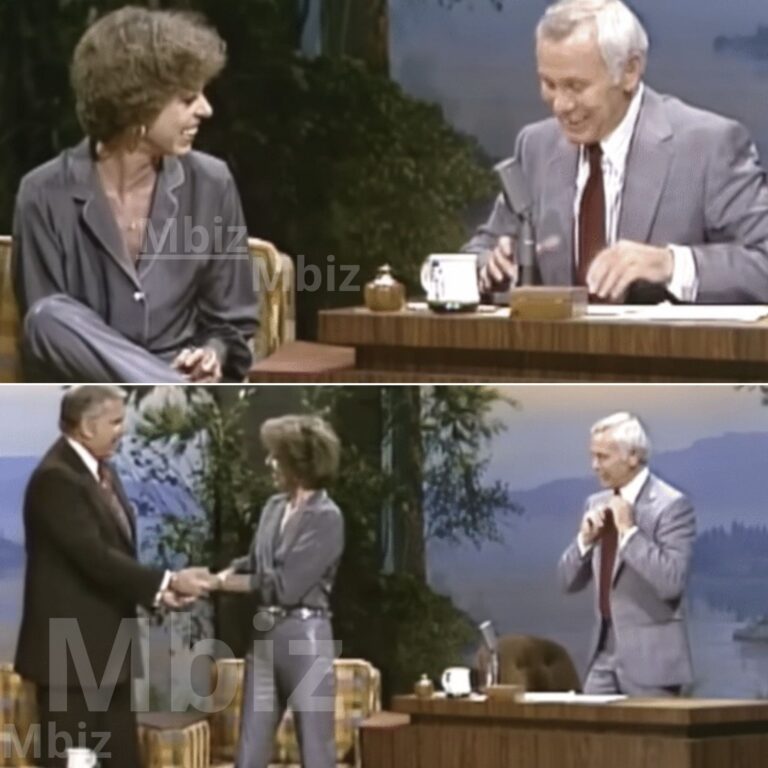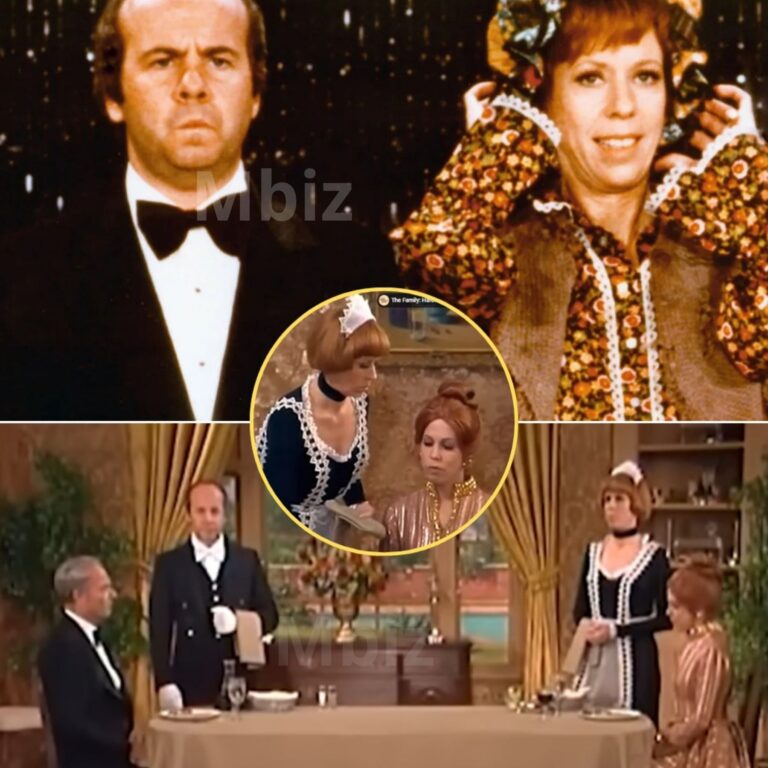For nearly three decades, Stephen Colbert has been America’s unrivaled master of satire — a late-night icon whose sharp wit and moral precision transformed comedy into commentary. But one quiet weekend, everything changed.
What began as a moment of leisure became something far deeper: a reckoning that blurred the line between laughter and conscience.

The Book That Broke the Silence
According to those close to him, Colbert picked up Nobody’s Girl: A Memoir of Surviving Abuse and Fighting for Justice — the final work of the late Virginia Giuffre — expecting to skim through a few pages. Instead, he read the entire book in one sitting.
By Monday morning, there was a noticeable shift. His trademark humor had been replaced by a heavy quiet — the kind that lingers after revelation.
“Stephen said it was the most devastating truth he’d ever encountered,” one producer recalled. “He told us, ‘This book isn’t a story — it’s an autopsy of power.’”
The line that haunted him most came from Giuffre’s final chapter:
“You can bury evidence, but not memory. Memory doesn’t rot — it waits.”
Those words, colleagues say, stayed with him long after he turned the final page.
From Reflection to Resolve
Days later, Colbert broke his silence — not through satire, but through sincerity.
In a written statement shared on his official account, he wrote:
“Virginia’s words remind us what courage really sounds like. This isn’t about politics. It’s about decency — and about the people who keep truth buried to protect the powerful.”
Without naming anyone directly, Colbert appeared to criticize those who had once promised to release the Epstein files, only to later fall silent.
In a follow-up interview with The Atlantic, he clarified that his comments were directed at Pam Bondi, the former Florida Attorney General who once claimed to possess sealed Epstein-related documents.
“I’d invite Pam Bondi to read Nobody’s Girl,” he said quietly. “Maybe she’d see that keeping those files sealed isn’t bureaucracy — it’s moral cowardice.”
Observers described it not as an attack, but as a plea — a rare, vulnerable moment from one of America’s most incisive comedic minds.
A Night Without Jokes
When The Late Show returned that week, the audience didn’t get what they expected. There were no punchlines, no monologue full of political jabs — just Colbert, seated behind his desk, speaking softly but firmly.
“When I finished Virginia’s book,” he said, “I thought: this can’t be where it ends.”
He paused, then looked directly into the camera:
“If justice means anything, it has to be seen. Because truth serves no one if it stays locked in a drawer.”
Then came four words that would echo across social media and newsroom headlines alike:
“Read the book, Bondi.”
That simple phrase became a rallying cry.
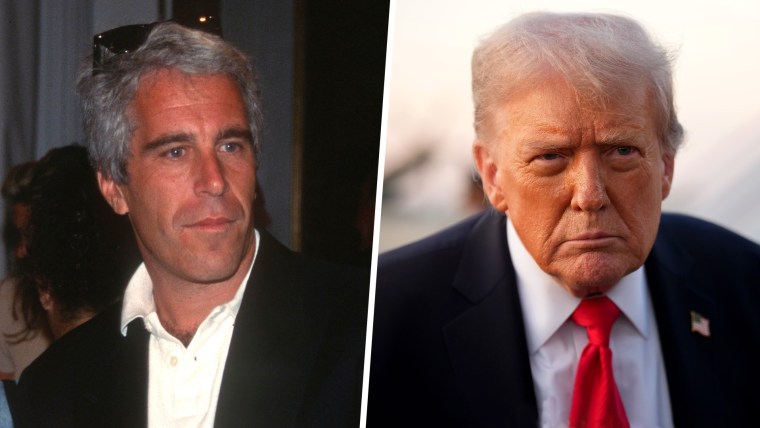
Turning Outrage Into Action
Within days, Colbert went further — announcing the creation of the Giuffre Family Justice Fund, a foundation supporting survivors of abuse in their fight for justice. He pledged to match the first $500,000 in donations and revealed plans for a televised benefit concert titled Light Still Enters, featuring Alicia Keys, Hozier, and Brandi Carlile.
“Virginia’s story shouldn’t end inside a court file,” Colbert said. “It should live on as a warning — and as a promise.”
The response was immediate. The fund raised millions within days.
Giuffre’s family released a short but emotional statement:
“We’re deeply grateful to Stephen for giving Virginia’s voice a second life. She never wanted pity — only change.”
Meanwhile, Nobody’s Girl skyrocketed in sales, praised by readers as raw, lyrical, and unflinchingly honest.

When Comedy Meets Conscience
Colbert’s televised monologue is now being hailed as one of the most defining moments of his career — and of modern late-night television.
Critics compared it to Jon Stewart’s post-9/11 broadcast or David Letterman’s emotional return after national tragedy.
“In an age of cynicism,” one columnist wrote, “Colbert reminded us that empathy can be louder than irony.”
The ripple effect was immediate. Advocacy groups for survivors of abuse reported record-breaking donations and volunteer sign-ups. Across the country, book clubs began hosting public readings of Nobody’s Girl, often inviting speakers from women’s rights organizations.
The upcoming Light Still Enters benefit is projected to raise millions more for the Giuffre Fund.
“This isn’t just about honoring Virginia,” Colbert said. “It’s about making sure her story helps someone else find their voice.”
The Rebirth of Late Night
Colbert’s transformation comes at a time when many believe the era of late-night television is waning. Yet to some, his recent candor signals a rebirth.
“Maybe the next era of late night isn’t about jokes,” said TV historian Marla Pearson. “Maybe it’s about truth — about showing humanity in real time.”
Regardless of what the future holds for The Late Show, one thing is certain: Stephen Colbert has redefined what it means to hold a platform.

A Legacy Reignited
When asked what moved him most, Colbert answered simply:
“If one book can change one person’s idea of justice, imagine what happens when a nation reads it.”
In Nobody’s Girl, Virginia Giuffre’s courage — her pain, her persistence, her refusal to be silenced — has found an unexpected messenger.
“Virginia once said she hoped her truth would outlive her,” Colbert reflected. “It already has. Now it’s our turn to keep it alive.”
And in that moment, Stephen Colbert ceased to be just a late-night host.
He became something far rarer — a conscience speaking to a nation that desperately needs to listen.


